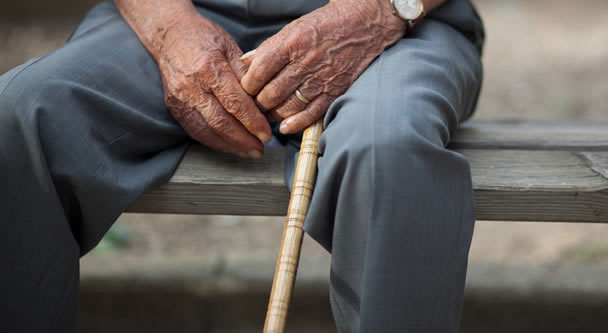Japan has found a way to cure Parkinson's disease
A research team from the University of Kyoto Medical Institute, Japan, led by Associate Professor Jyun Takahasi, announced the good news for people with Parkinson's disease.
They found a way to treat this disease when experimenting on monkeys and getting positive results.
The team implanted the brains of four monkeys suffering from Parkinson's, healthy neurons or dopamine-producing neurons.

According to calculations, after 6 months, these 4 monkeys have started to operate their hands and feet normally, but have not yet had the expected results. The scientists went into the analysis of neurons in their brains and followed up to show that transplanted cells developed perfectly healthy and restored neurons in the previously damaged brain. However, this method has not been applied to humans.
This is the first time in the history of science, Takahasi's team has found a way to create healthy neurons from the original cells to implant the patient's brain. This neuron produces dopamine, which is very vulnerable to Parkinson's disease. This disease usually occurs in the elderly and manifested by symptoms of muscle tone (muscle stiffness), tremor, uncontrollable limbs, slow movement, difficulty walking, loss of reflexes posture…
According to Mr. Takahasi, his team is very confident in this measure. If successful on the body of the aforementioned monkeys, this group will conduct clinical research on the body of people with Parkinson's disease, expected to be at least 3 years soon.
- Is the cure for HIV coming soon?
- Finding ways to cure memory loss caused by West Nile virus infection
- Protein found in ticks can cure heart disease
- Scientists accidentally found a cure for cancer
- Restores helplessness by curing gum disease
- Tips or cure for flu without taking antibiotics
- Strange life-threatening disease of people in Phu Tho
- Rarely: Children with chronic obstructive pulmonary disease
- Robbing the robot in a nuclear accident in Japan
- Where is the only person who escapes from the HIV death virus?
- A method to cure color blindness has been found
- 14 most bizarre diseases in the world
 Green tea cleans teeth better than mouthwash?
Green tea cleans teeth better than mouthwash? Death kiss: This is why you should not let anyone kiss your baby's lips
Death kiss: This is why you should not let anyone kiss your baby's lips What is salmonellosis?
What is salmonellosis? Caution should be exercised when using aloe vera through eating and drinking
Caution should be exercised when using aloe vera through eating and drinking